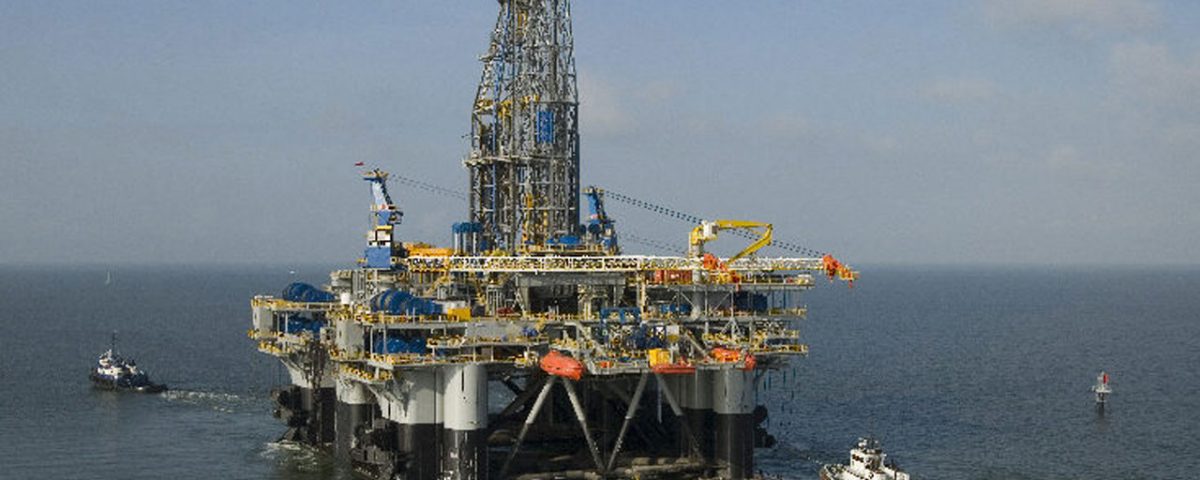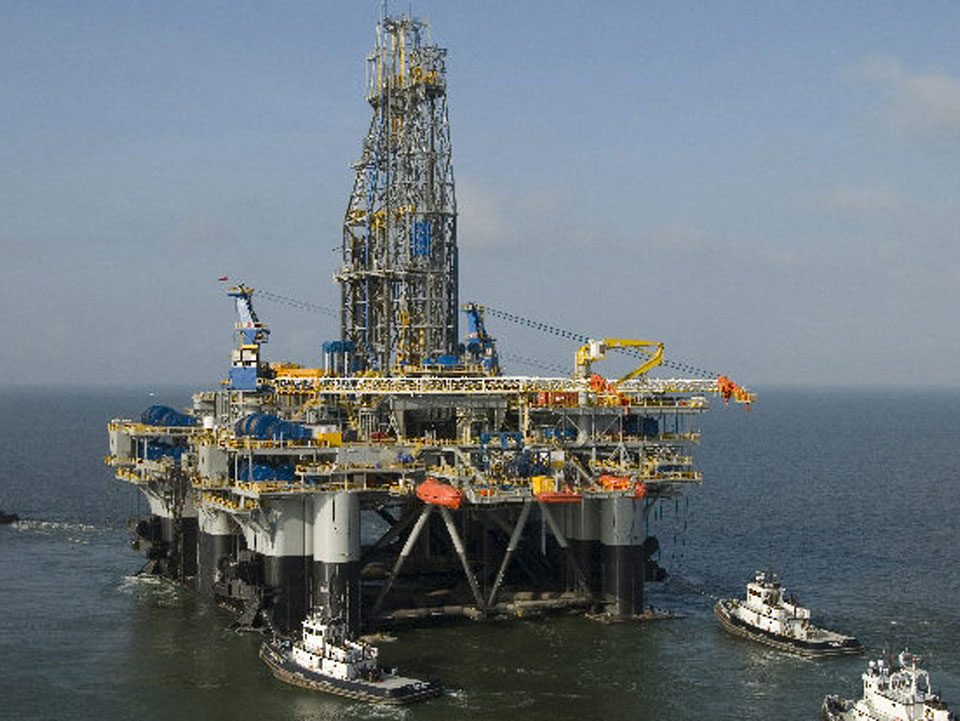Nigeria Update: Nigeria’s crude oil production may rise by 180,000bpd next year

World Update: Tokyo stocks rally on brisk earnings
August 1, 2018
Nigeria Update: Shareholders reiterate confidence in Oando, as profit hits N8.5b
August 1, 2018Nigeria’s crude oil production is expected to rise further if Royal Dutch Shell and its partners, next year, decide whether to go ahead with the development of the nation’s Bonga Southwest offshore oilfield, a senior company official said on Tuesday.
The project, one of the country’s largest with an expected production of 180,000 barrels per day, will generate profit at below $50 a barrel, managing director of Shell Nigeria Exploration and Production Company (SNEPCo), Bayo Ojuli, told reporters.
Shell is currently negotiating a production sharing contract with the Nigerian government which will determine the viability of the project, Reuters quoted him to have said. The negotiations are expected to finish this year.
Shell operates the project and ExxonMobil, Total , Eni and the Nigerian National Petroleum Corporation.
Nigeria’s oil output rose by 50,000 bpd in July helped by the return of Shell’s Bonny Light crude grade which had been under force majeure on account of outages to Nembe Creek Trunkline (NTCL) and was subsequently closed for repairs.
Nigeria’s oil exports were expected to drop to their 2018 low in July—to just 1.43 million bpd following the closure, compared to 1.796 million bpd in June.
However with production bouncing back, the country’s performance helped OPEC reach a 2018 peak oil production of 32.64 million barrels per day in July.
The Minister of State for Petroleum, Dr. Ibe Kachikwu, had in June this year, directed the NNPC and SNEPCo to commence the tendering process for the execution of the $10 billion Bonga South West/Aparo deepwater project.
Kachikwu’s directive followed the April 17, 2018 meeting between President Muhammadu Buhari and a delegation from Royal Dutch Shell Plc., led by the Chief Executive Officer, Bern Van Beurden, in London, where a decision was reached that the oil giant and the NNPC would begin the implementation of projects that have been on the drawing board for several years.
The London meeting, which was facilitated by Kachikwu, also had in attendance the Group Managing Director of the NNPC, Dr. Maikanti Baru.
The meeting was said to have presented an opportunity to open investment talks of up to $15 billion to be invested by Shell in Nigeria.
Estimated to cost about $10 billion, the Bonga South West/Aparo project, which has been on the drawing board for several years, is being executed by SNEPCo under a Production Sharing Contract (PSC) arrangement with the NNPC.
Other key projects that have also suffered delays in Nigeria’s oil and gas industry include: the 120,000bpd Shell and Eni’s Zabazaba/Etan project in the disputed Oil Prospecting Lease (OPL) 245, ExxonMobil’s 140,000bpd Bosi project, ExxonMobil’s 110,000bpd Uge project and Chevron’s 100,000bpd Nsiko deepwater project.
The delays in the execution of these projects, which are estimated to cost about $23 billion, are largely caused by the lack of clarity of terms as a result of the non-passage of the 18-year-old Petroleum Industry Bill (PIB), and inadequate funding.
OPEC and allies agreed in June to boost supply as the United States President, Donald Trump, urged producers to offset losses caused by the sanctions the United States placed on Iran in order to cushion impact on oil prices, which this year hit $80 a barrel for the first time since 2014.
On June 22-23, OPEC, Russia and other non-members agreed to return to 100 percent compliance with oil output cuts that began in January 2017, after months of underproduction in Venezuela and elsewhere pushed adherence above 160 percent.

